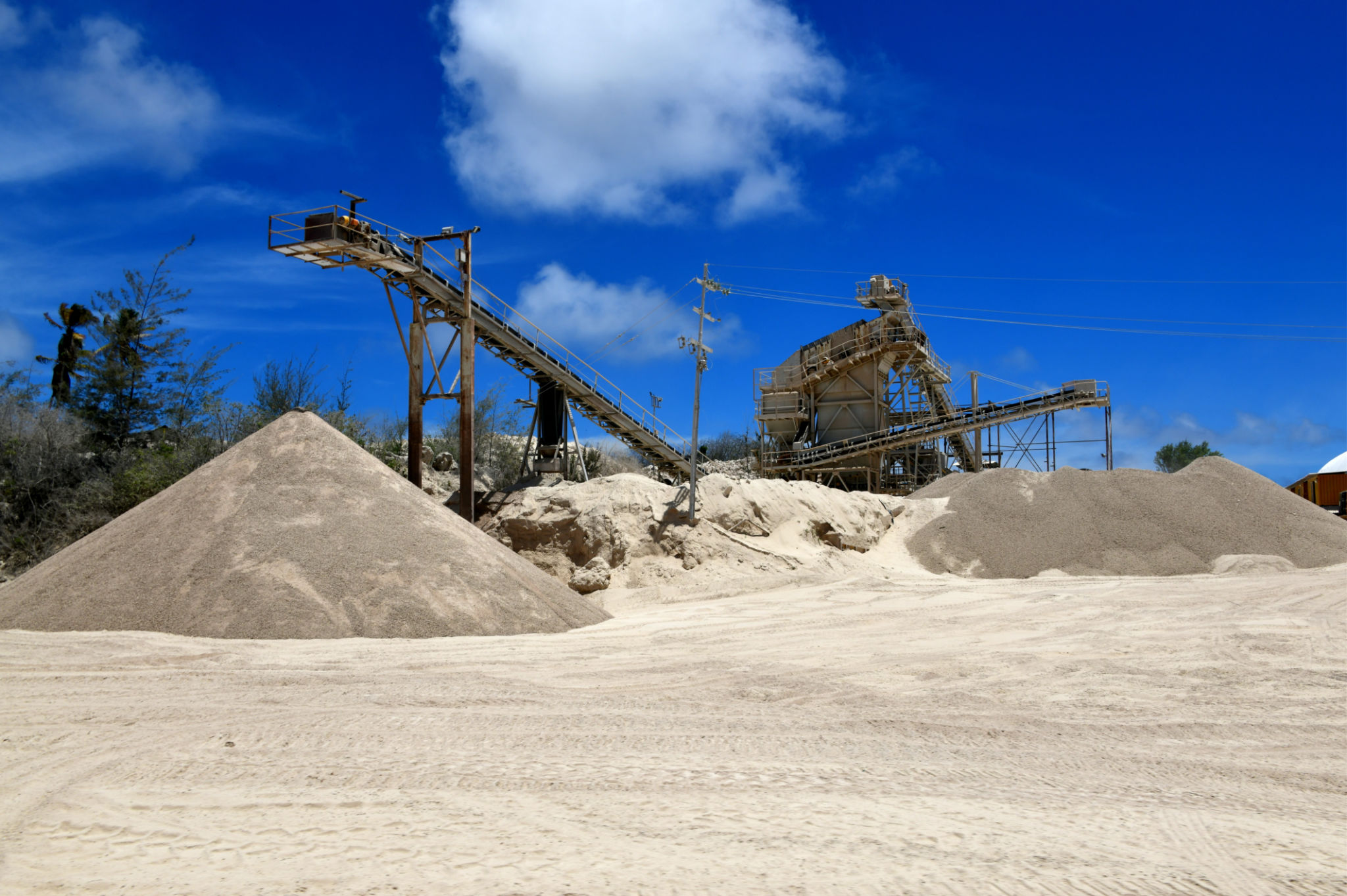Myths and Facts About Rock Phosphate: What You Need to Know
Understanding Rock Phosphate
Rock phosphate is a naturally occurring mineral that is widely used in agriculture as a fertilizer. Its primary function is to provide essential phosphorus to plants, which is crucial for their growth and development. Despite its benefits, there are several myths surrounding its use, which can often lead to confusion among farmers and gardeners.

Myth 1: Rock Phosphate Is a Synthetic Product
One common misconception is that rock phosphate is a synthetic or man-made product. In fact, it is a naturally occurring mineral found in sedimentary rock deposits. It is mined from these deposits and processed into a form that can be used as a fertilizer. Understanding its natural origins can help dispel the myth that it is an artificial product.
Myth 2: Rock Phosphate Depletes Soil Health
Some believe that using rock phosphate can deplete soil health over time. However, this is not true. When applied correctly, rock phosphate can enhance soil fertility by providing a slow release of phosphorus, which plants require for energy transfer, photosynthesis, and nutrient movement within the plant. It also helps improve root development and increases crop yields.

Fact: Rock Phosphate Is an Organic Fertilizer
For those committed to organic farming practices, it’s important to note that rock phosphate is considered an organic fertilizer. This means it can be used in organic farming systems to provide the necessary nutrients without the use of synthetic chemicals. This quality makes it a preferred choice for environmentally conscious growers.
Benefits of Using Rock Phosphate
Rock phosphate offers several benefits in agricultural applications, making it a valuable addition to any farming practice. Among its advantages are:
- Long-lasting effects: Unlike synthetic fertilizers, rock phosphate releases phosphorus slowly over time, ensuring that plants receive a steady supply of nutrients.
- Improved soil structure: It contributes to better soil structure and increased microbial activity, promoting a healthy growing environment.
- Cost-effectiveness: Due to its slow-release nature, fewer applications are needed, making it a cost-effective option for farmers.

Myth 3: Rock Phosphate Is Harmful to the Environment
Another myth is that rock phosphate poses environmental risks. The truth is that when used appropriately, it has minimal impact on the environment. Its natural origin and slow-release properties mean that it doesn’t leach into waterways as easily as some synthetic fertilizers do, reducing the risk of water pollution.
Fact: Suitability for Various Crops
One of the great features of rock phosphate is its versatility. It can be used on a wide variety of crops, including fruits, vegetables, and grains. This adaptability makes it an excellent choice for diverse agricultural applications. However, it's important to conduct soil tests to determine the appropriate amount needed for specific crops and conditions.
In conclusion, understanding the myths and facts about rock phosphate can empower farmers and gardeners to make informed decisions about its use. By recognizing its benefits and dispelling common misconceptions, users can optimize their agricultural practices and contribute to sustainable farming.
